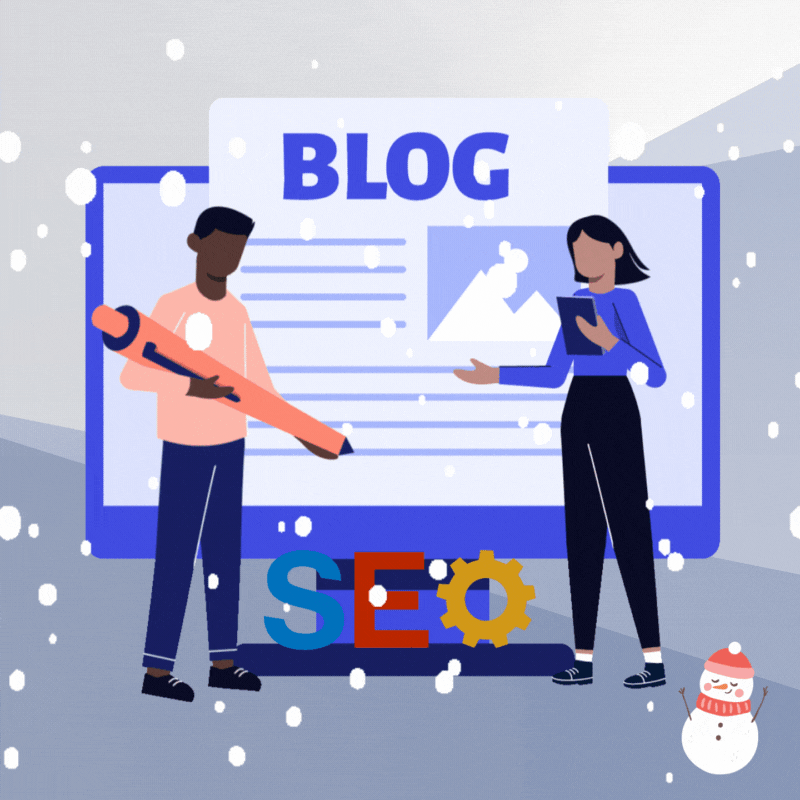 Search engine optimization, or SEO, is a crucial aspect of blogging. It helps boost your rankings on search platforms, such as Google or Bing, and helps your intended audience find your particular website or blog.
Search engine optimization, or SEO, is a crucial aspect of blogging. It helps boost your rankings on search platforms, such as Google or Bing, and helps your intended audience find your particular website or blog.
But where do you start with your first blog post? What exactly are Google and Bing "crawling" for? How can you best set yourself up for continued SEO success?
Start with keyword research
When you're starting out, keyword research is a great way to get your blog noticed and substantiated by search engines. Keywords help focus your website and blog's content while helping your audience navigate the information you're presenting to them.
The more targeted your content is, the better - but don't overdo it. Break up your primary keyword into related clusters. For example, if you're using "real estate" as a keyword, try adding "real estate in Frisco '' to better direct the “Googles” and “Bings” through your site's general topic.
It's important to get in the habit of doing keyword research before writing posts to help reduce the risk of spammy content or a rambling post. It might take some time to acquire pristine keyword research skills, but once you learn the fundamentals, it will become second nature.
To make sure your keywords are relevant and long-tail (think "real estate in Frisco" vs "real estate"), use a tool like Ahrefs' Keywords Generator tool or Moz's Keyword Planner tool to find good ideas for what kind of keywords your audience is searching for.
After choosing the keywords you want to use in your new blog post, it's time to start writing. Remember to keep this list available even after your post is finished and published.
Staying close to the original keyword cluster or topic is a great SEO strategy for building organic views over time. And the more organic views and traffic you get, the more likely you are to get more leads.
Write a blog title that would rank on a Google search
The title is one of the most important elements of your blog post. It’s what readers see in search results and determines whether they'll click on it. So make sure it’s enticing enough to encourage people to read what you have written.
Be sure your title has your targeted keyword or phrase in it. Search platforms use this type of blog SEO to better place your page and overall site within its search results. It also makes it easier for Google bots and other search engines to find your content because they know exactly what words users will be searching for when they find a search result.
Also, try to put your target keyword right at the beginning of your titles, so people don't get distracted by other options further down.
Include internal & external links
Internal links are links that point to other pages on your blog or website. Internal linking helps search engines better understand the content of your site, as well as how it's organized.
External links are links that point to other sites outside your own domain. These can be great for directing readers to relevant content, helping them understand the context of your site, and providing additional sources for research or more information.
There are many other things you can do to increase your blog SEO, such as utilizing a meta description to boost it, but these tips will get you started.
